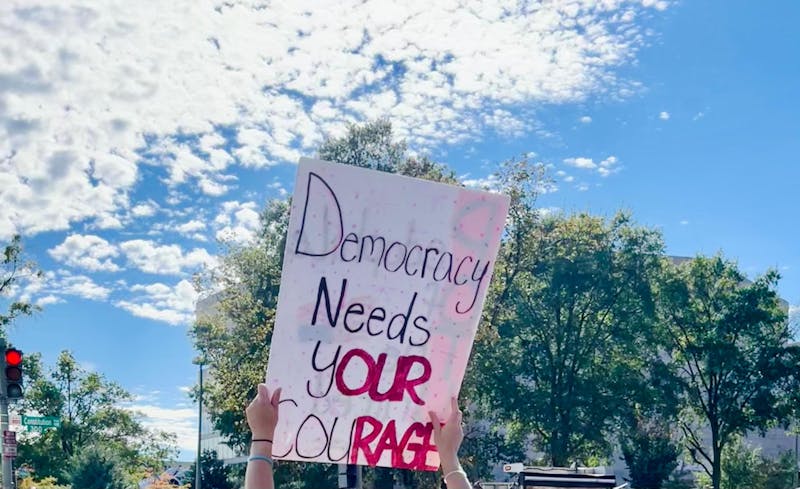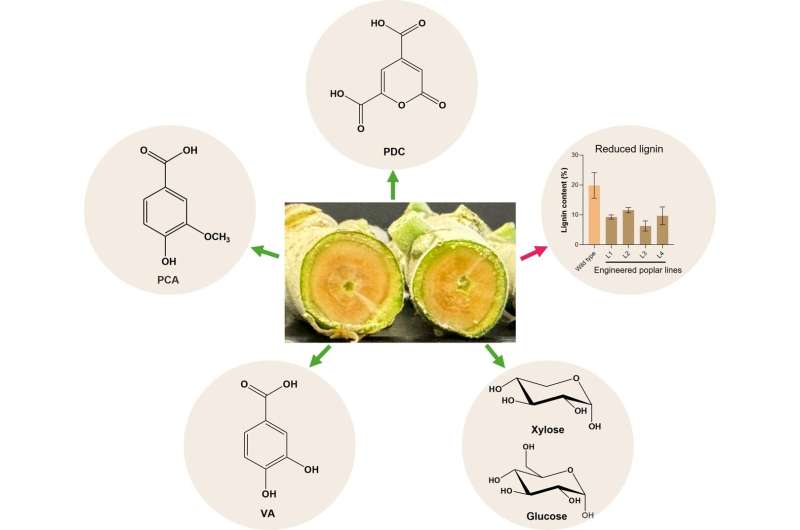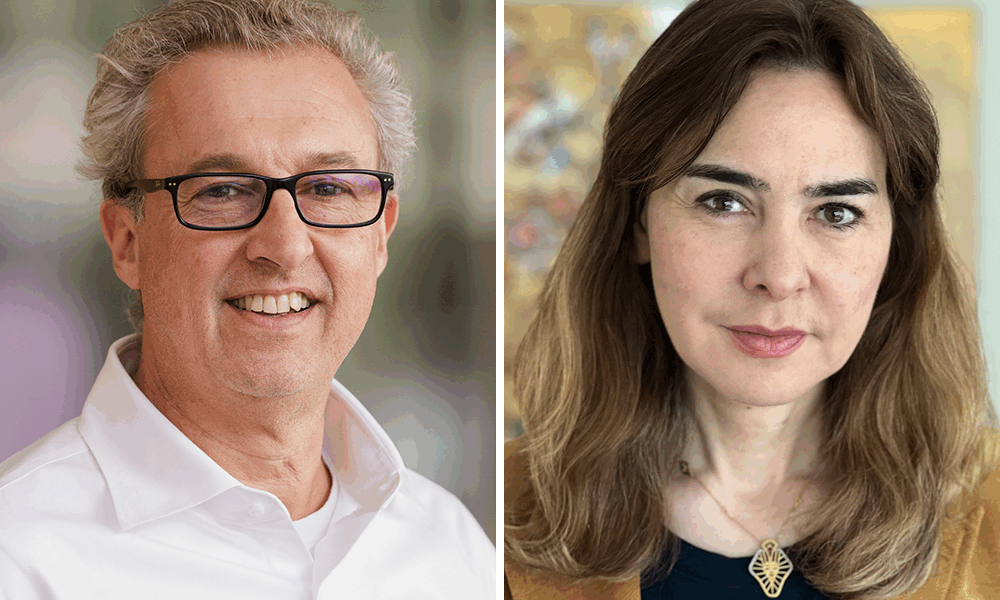In a stirring reflection on the state of freedoms, values, and equal opportunities in the United States, Deviana Dewi, a PhD candidate at Johns Hopkins University, raises critical concerns about recent policy proposals that threaten these ideals. Her insights come at a time when discussions surrounding immigration and skilled labor are increasingly contentious, particularly with the proposed $100,000 fee for H-1B visas and changes to the Optional Practical Training (OPT) program.
Historical Context of American Innovation
Dewi emphasizes that American universities have historically been at the forefront of knowledge and innovation, contributing significantly to advancements such as the moon landing and the development of the Internet. This legacy is rooted in robust government support for university research, which has largely been free from political interference since the end of World War II. Vannevar Bush, in his influential 1945 report titled Science, The Endless Frontier, argued that federal investment in research is crucial for national security, economic growth, and public health. This perspective highlights the importance of a diverse talent pool, including many who fled persecution during the Nazi regime, in shaping America’s scientific landscape.
While Dewi expresses pride in being part of a modern American research institution, she also notes a troubling crisis affecting these foundational freedoms and opportunities. At the heart of her argument is the concept of freedom, which she articulates through the words of Pope John Paul II: “Freedom consists not in doing what we like, but in having the right to do what we ought.” Dewi argues that true freedom requires a commitment to law and order, which helps individuals navigate moral complexities and pursue the common good.
The Link Between Values and Governance
Dewi’s concern extends to the erosion of values, particularly in the political sphere. She warns against leaders who position themselves above the law, undermining the principles of democracy and the separation of powers. The ability to engage in constructive debate, she argues, has been compromised by a political landscape dominated by partisanship. An example that illustrates this point is when discussions about the influence of wealthy individuals in politics often devolve into “whataboutism,” detracting from the core issues at hand.
As a proponent of equal opportunity, Dewi expresses alarm over the proposed visa fee and the potential implications of the American Tech Workforce Act, introduced by Congressman Jim Banks. This legislation aims to end the OPT program, which allows international students to gain work experience in the U.S. after graduation. Dewi points out that such policies could severely limit the ability of skilled foreign workers to contribute to the American economy, contradicting the country’s long-standing values of meritocracy and fairness.
The proposed $100,000 H-1B visa application fee is described by Dewi as self-defeating. She argues that it risks driving talent away from the U.S. to countries like the United Kingdom, Canada, and South Korea, which are actively simplifying their visa processes to attract foreign professionals. Dewi insists that undermining equal opportunity for skilled workers contradicts the very principles America claims to uphold.
In her call to action, Dewi encourages international students and others affected by these policies to engage with their elected representatives. Sharing personal experiences with lawmakers can amplify voices that often go unheard in policy discussions. She cites her own experience with a roommate who worked on Capitol Hill, highlighting the importance of citizen engagement in the democratic process.
As she reflects on her identity as a Christian Catholic and an Indonesian, Dewi emphasizes the need for hope and action in the face of challenges. She frames hope as a “fighting virtue,” urging individuals to not only recognize what is right but to also act upon that knowledge. As 2025 is designated as a Jubilee Year by Pope Francis, Dewi’s message serves as a reminder of the enduring importance of advocating for justice, truth, and equal opportunity in shaping America’s future.
Dewi’s dissertation focuses on the politics of child malnutrition policy in Indonesia, underscoring her commitment to understanding how governance and political economy impact health and development outcomes. Her experiences as a first-generation college student who has lived across multiple countries inform her perspective on the interconnectedness of freedom, values, and the pursuit of knowledge.







